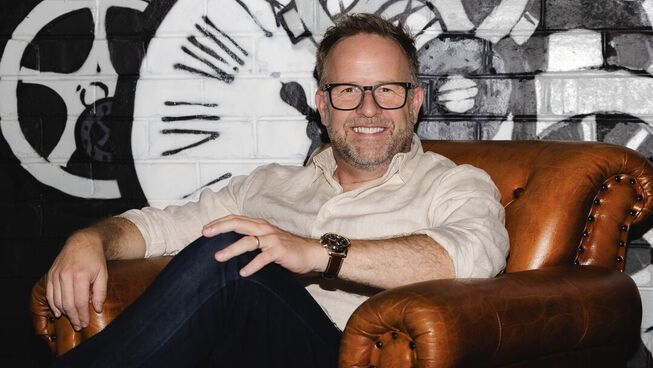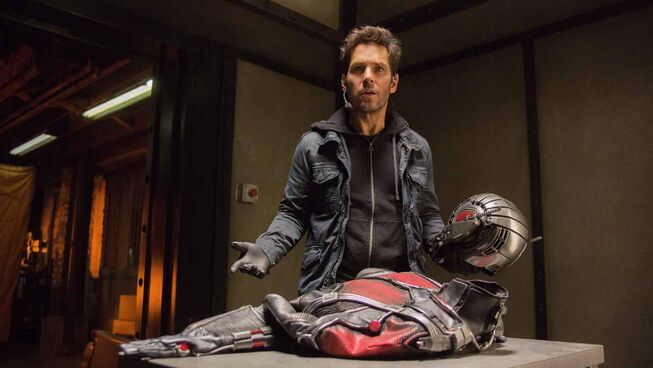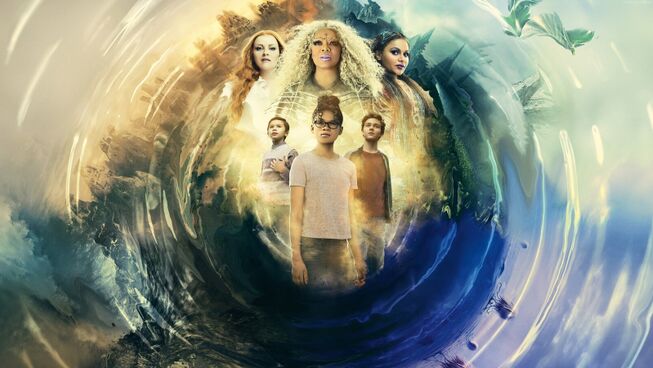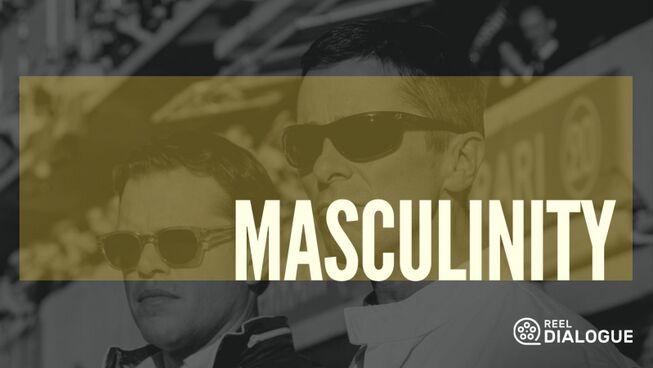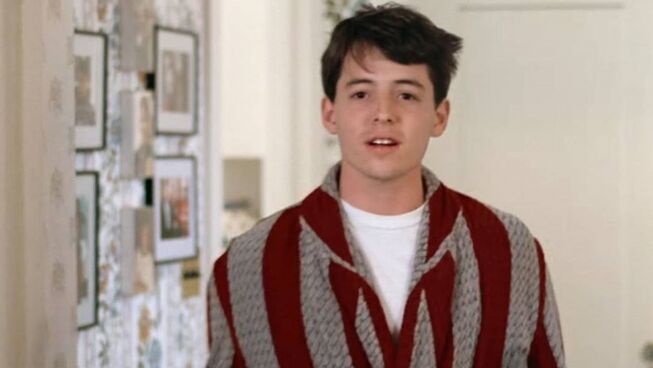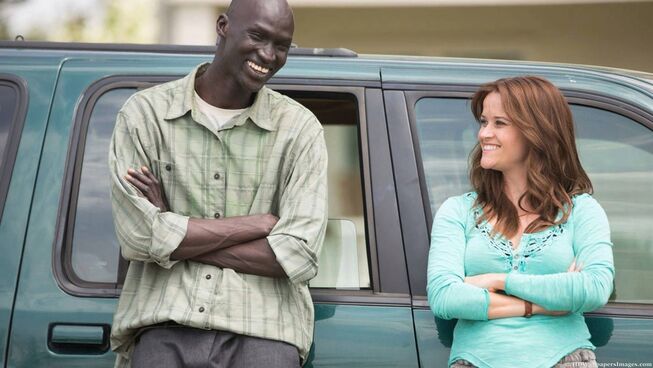
3.5 out of 5 stars
You might think that The Good Lie is a Reese Witherspoon film, but she is merely a supporting player in the story of 'The Lost Boys of Sudan'. We are introduced to Mamere (Arnold Oceng), Jeremiah (Ger Duany), Paul (Emmanuel Jal) and Abital (Kuoth Wiel) as children at the beginning of the Second Sudanese Civil War. After seeing their villages destroyed and their families killed, the children have to walk across Africa to survive. The film experience shows the war and the great loss they experience within their family and community. Within their short lives, they are exposed to the atrocities of the human experience and are thrown into the world beyond Sudan. On arrival in a Kenyan refugee camp, they have to become part of the community, but grow in their reliance on one another.
After 13 years in the camp, they get a unique opportunity to immigrate to the United States. The men are sent to Kansas City, but are separated from their sister who is sent to Boston. This is where the male trio first encounter the hardened Carrie (Reese Witherspoon), the employment agency counsellor who must help them to transition to their new homes and find them work. They begin to experience the cultural differences from Africa and the opportunities of the United States. Each has to wrestle with finding work, learning the subtleties of living in America and trying to attempt to bring their family together again. Carrie initially is an unwilling participant in this cross-cultural exchange, but eventually warms to the men and attempts to help them in the multiple opportunities of reaching their lost siblings in America and Africa.
Philippe Falardeau wonderfully directs this war-torn tale based on real events that occurred throughout the late 90's and shows the impact of 9/11 on all of the world. The beginning of the film sets up the journey from Africa to the United States, but the connection to America comes in the second act of the film. The plight of the children is set up in a well-paced effort by Falardeau. At the same time, he manages to introduce an African nation that is divergent from western cultures and shows the realistic horrors of the children's experience. The bond between the adoptive siblings, the value of faith, the mentality of family and the realities of transitioning to a new culture are handled with loving care. The beauty and disparity of Sudan was captured and showed that man is the most fearsome creature in this war-torn nation. The African actors were not expected to stretch too far in their acting, but allowed to show the importance of the story they are portraying. The director went out of his way to cast actual Sudanese actors throughout the film.
Watch the movie and then download the Reel Dialogue discussion guide - Get the conversation started
Witherspoon and Corey Stoll (House of Cards) added to the story's mix, but were merely supporting characters in the refugee tale. The story was captivating without too much star power. The film's production value did suffer at times, because the actor's skills gave it a docu-drama feel. Because many of the actors were actual Sudanese refugees, the storytelling was compelling but minimised it's effectiveness. This did not detract from the viewing experience, but may cause some modern film viewers to disengage with the film. The compelling storyline gave an emotionally charged journey that was entertaining and informational.
J.K. Rowling stated, "There is always room for a story that can transport people to another place." This can be said of The Good Lie, which does manage to transport the audience to another country and help explain the national perspective of the war and gives a glimpse at the culture of Sudan. The message of the film was not overly Christian, but due to the religious nature of the war, the Christian story elements could not be avoided. The faith of the community and specific characters were refreshing to see in today's cinema. This Christian element was not forced into the storyline, but was merely the natural extension of the characters. The character of Jeremiah is one the best examples of Christian faith in modern film.
The film shows the realities of life in this world, the need to persevere in times of suffering, the importance of human camaraderie and the hope that comes through faith in God. Falardeau is merely telling the story, but does not seem to commentate on the faith of the characters. The abrasive nature of Carrie, the workplace situations of the African men and film's portrayal of these adult situations bring home the true nature of this world. Also, the war-time violence depicted in The Good Lie is tame in comparison to other films, but shows the horror of the children's situation and gives the film a mature theme. I am repelled from the cinema when someone labels a film as 'important', which is like saying a food is good for you. The Good Lie might cause me to break this rule, it opens the door to world history that most have not experienced. Even with the mature themes, this film is engaging, enlightening and worth seeing.
Reel Dialogue: What are some of the bigger questions to consider from this film?
- How much does faith help in times of suffering? (Romans 5:3-5, 1 Peter 5:10)
- What is the value of family? (Proverbs 3:6, 1 Timothy 5:8)
- Why does war exist? (James 4:1, Romans 3:10-18)
